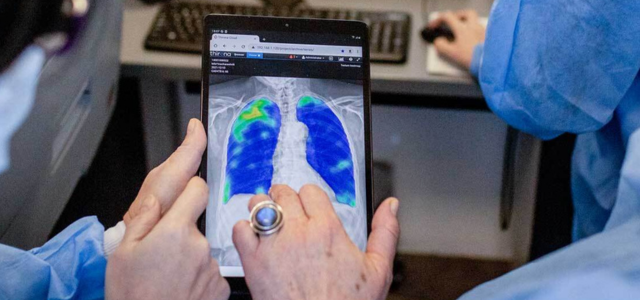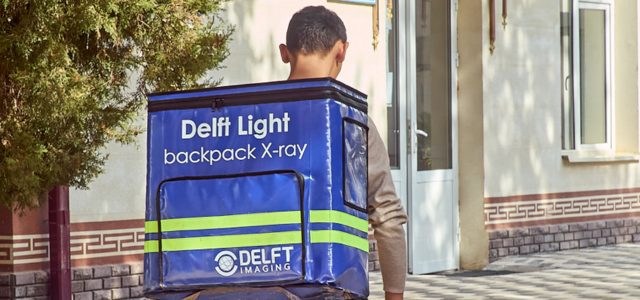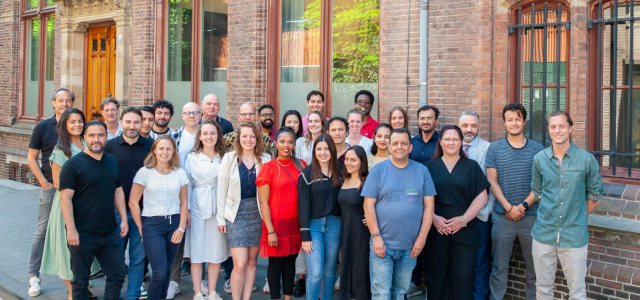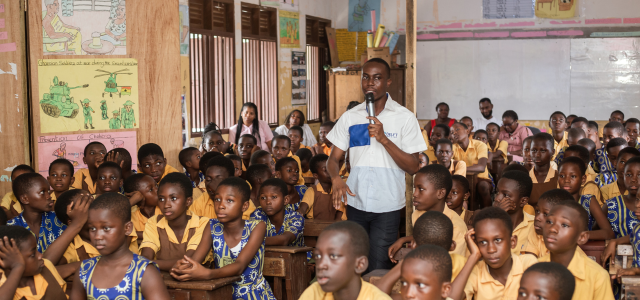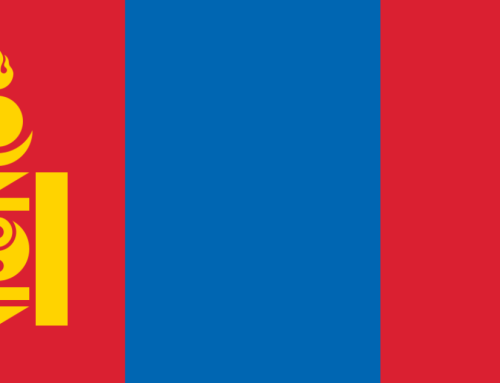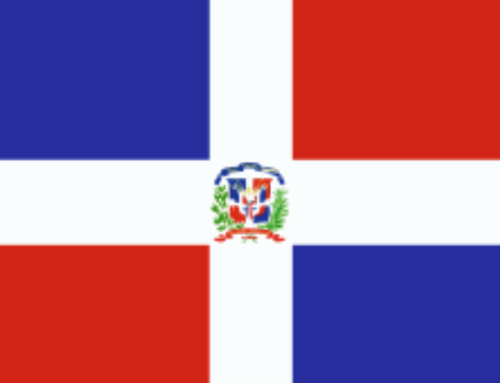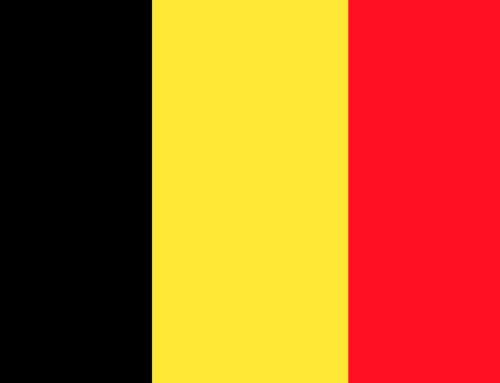In 2020, Vietnam had a total population of approximately 97 million people. That year, there were an estimated 172,000 people who developed TB. Among them, 8,200 were children. Moreover, there were 72,148 missing people with TB, of which 6,804 were children.
In 2021, under the iNTP project (funded by USAID, supported by the Stop TB Partnership hyperlink to flagship project), 10 Delft Light portable backpack X-ray systems with the CAD4TB artificial intelligence software – used to detect TB on chest X-rays automatically were delivered to Vietnam. As part of the project, installation and training services were also delivered to support the program in the years to come and optimise the systems’ utilisation.
In 2023, another two university hospitals received CAD4TB to support the rapid detection of TB within those hospitals. Installation and training services were included in the project.
For more information on how the Delft Light portable backpack X-ray systems and the CAD4TB artificial intelligence software are used in Vietnam, please view the story on ‘Delft Light Portable X-ray and CAD4TB: Opportunities and Challenges – Vietnam’s Implementation of the New Tools Project’, as presented by Dr Ngoc Anh during the 2022 Q3 Delft webinar.
Making a difference
In 2021, a study was published looking at different artificial intelligence solutions to detect tuberculosis, including CAD4TB. CAD4TB was one of the only artificial intelligence software that performed significantly better than the readers involved in the study.
In 2024, the Stop TB Partnership released a report documenting the significant impact of deploying Delft Light systems equipped with CAD4TB software in Uganda. This effort, spearheaded by NTLP in collaboration with USAID and the Stop TB Partnership, strategically placed five Delft Light systems across the nation, complementing the seven existing digital X-ray systems. This was part of a broader strategy to bridge the TB detection gap. The innovative solutions leveraged have markedly enhanced diagnostic capabilities, leading to over 5,500 screenings and 591 confirmed TB diagnoses. These technologies have drastically reduced both screening and diagnostic times, improving access to TB screening and demonstrating major strides in Uganda’s fight against TB.

